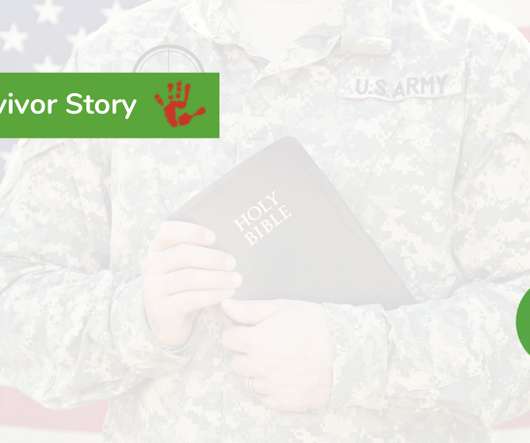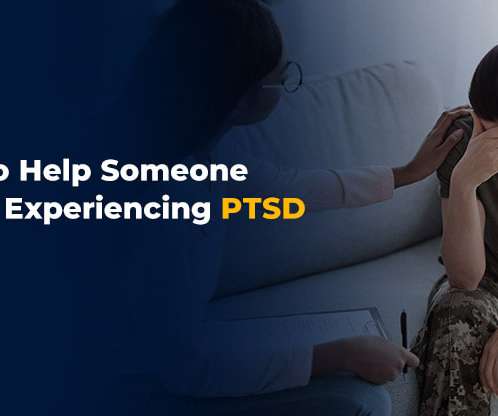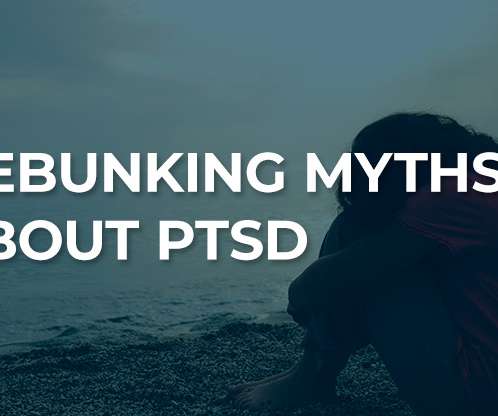Childhood memories
Stop Abuse Campaign
JUNE 5, 2022
I was born in the midst of World War II and grew up, the first born of an ambitious military man, moving every few years. I threw myself into school and went to an academically rigorous college where a great depression crept over me. I said I’d been to plenty of therapists and they offered only bandaids, palliative therapy.











Let's personalize your content